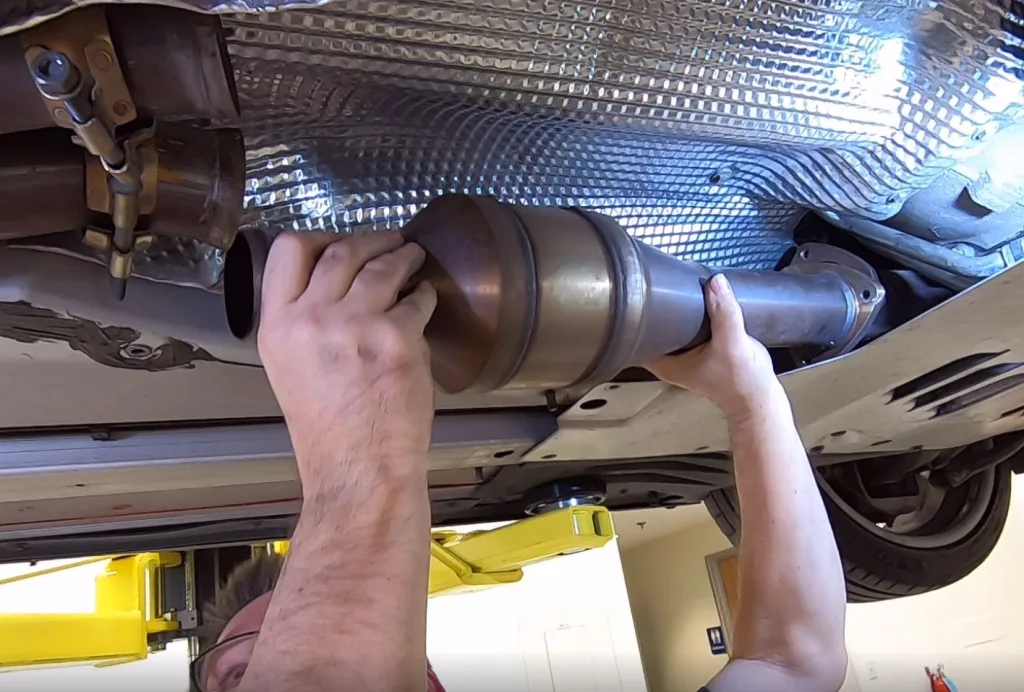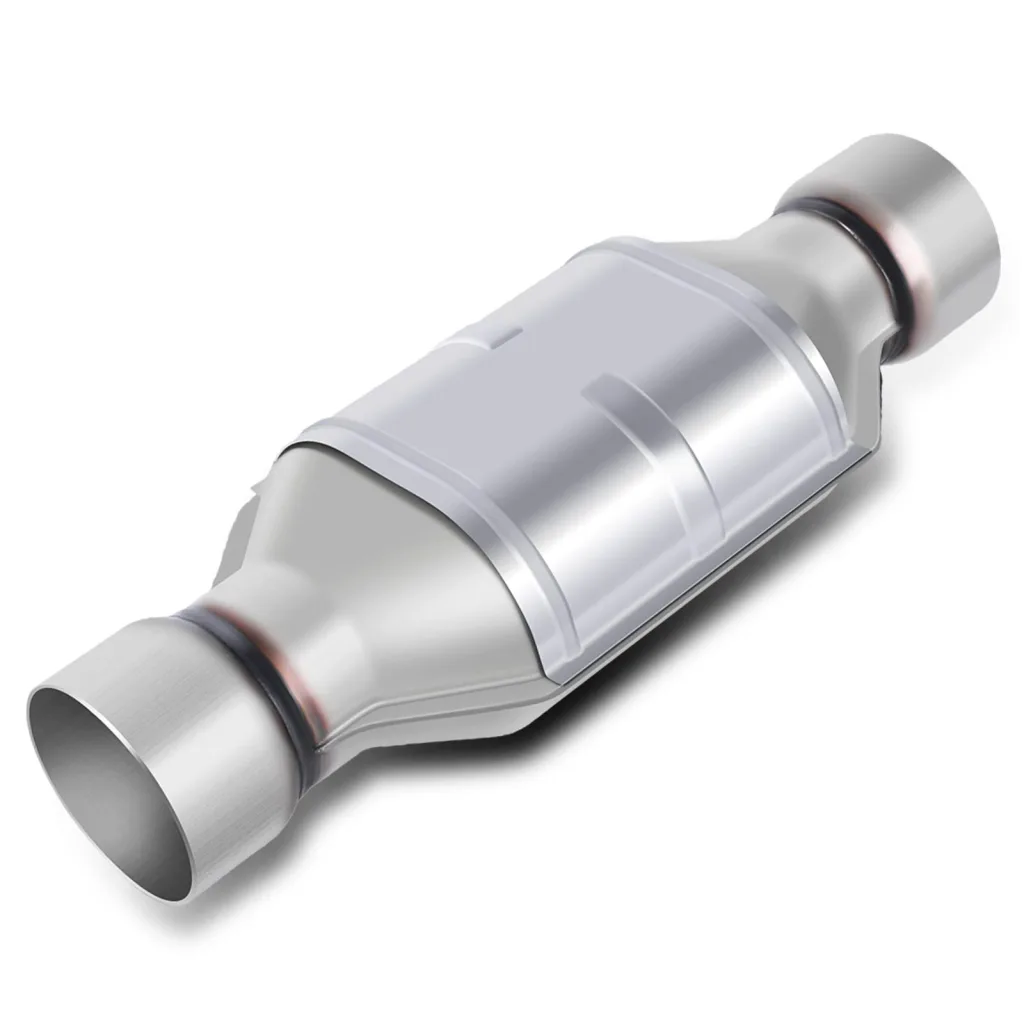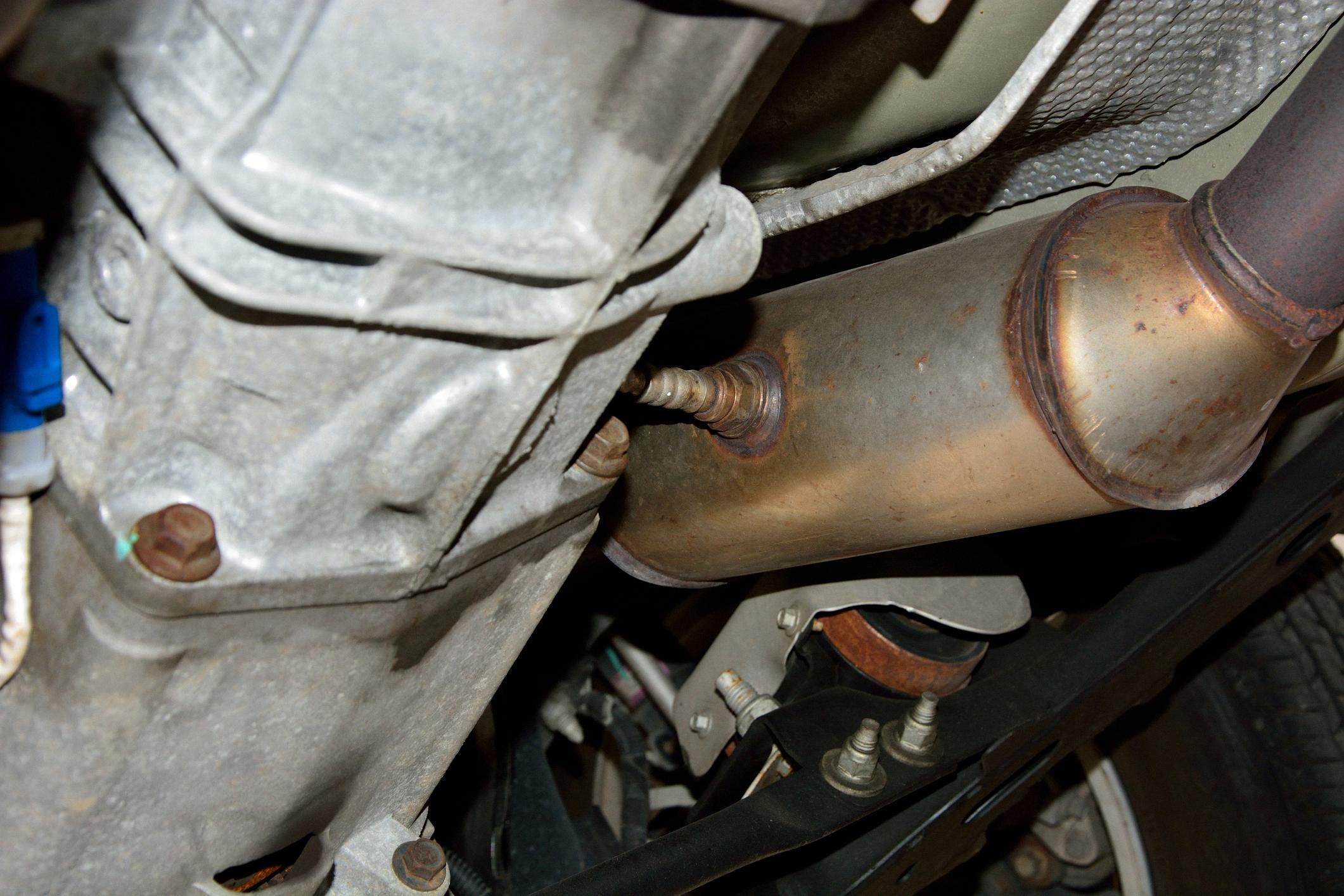Cars are complex machines and require a variety of parts in order to run properly. One important part is the catalytic converter, which helps reduce harmful emissions from a car’s exhaust. While it is possible to drive without a catalytic converter, it is not recommended due to the potential for increased air pollution and other issues that can arise from its absence.
The catalytic converter works by breaking down pollutants in the exhaust gases produced by an internal combustion engine. This process helps reduce harmful emissions from escaping into the atmosphere, making it an essential piece of equipment on any car. Without it, these pollutants will be released directly into the air, leading to higher levels of air pollution. Additionally, removing the catalytic converter can lead to decreased fuel efficiency and performance as well as increased noise levels when driving.
Although it is possible to drive without a catalytic converter, doing so should be avoided due to the environmental and performance implications that come with its removal. It’s best to contact your insurance company if your catalytic converter has been stolen so you can get a replacement as soon as possible. If you do decide to drive without one, make sure you are aware of all the potential risks associated with doing so and take steps to minimize them if possible.
Driving Without a Catalytic Converter: How Long is Allowed?
Driving without a catalytic converter is technically possible, but it isn’t recommended. Catalytic converters help reduce harmful emissions from vehicle exhaust, making them an important component in keeping the air clean. If your catalytic converter has been stolen or damaged, it’s important to contact your insurance company right away as they might be able to cover the cost of a new one. Without a converter, you can drive indefinitely but you may be subject to fines if you’re in an area with emissions testing requirements. In addition, driving without a catalytic converter can caue extra strain on your engine and decrease engine performance.

Impact of Removing Catalytic Converter on Engine Performance
Removing a catalytic converter from a vehicle’s exhaust system will not necessarily harm the engine. The catalytic converter is responsible for treating exhaust fumes and reducing emissions, but it can also create additional backpressure in the exhaust system, which can reduce the engine’s power output. In some cases, removing the catalytic converter may even slightly improve engine performance. However, this should be done with caution, as it could lead to higher emissions and an increased risk of damaging other components in the exhaust system. Additionally, removing a catalytic converter will likly result in an increase in noise levels due to the lack of muffling that the component provides. Ultimately, if you are considering removing your vehicle’s catalytic converter, it is important to consult a professional mechanic and weigh up all potential risks before making any changes.
The Sound of a Car Without a Catalytic Converter
Without a catalytic converter, a car will have a loud rumbling or roaring sound when the engine is turned on. This sound becomes louder when you press the gas pedal. Additionally, your car may drive rougher than usual, sometimes with an odd sputtering sensation as you change speed.
Consequences of a Stolen Catalytic Converter
If your catalytic converter is stolen, you may be eligible for coverage if you have comprehensive coverage on your auto insurance policy. Comprehensive coverage is designed to cover losses from theft, vandalism, or other non-collision damages. It will typically pay to replace the stolen catalytic converter and repair any related damage from its removal.
In addition to filing a claim with your insurance provider, you should also report the theft to the police. Depending on where you live, some areas may offer additional assistance and protection for catalytic converters that have been stolen.
The Value of a Stolen Catalytic Converter
A stolen catalytic converter can be worth anywhere between $25 and $500, depending on the type and model of the vehicle it was taken from. Ford F-Series, Honda Accords, and Toyota Priuses are among the most commonly targeted vehicles for catalytic converter theft. However, the cost to replace a stolen catalytic converter can be much more expensive than its value – up to $3,000. That is why it is important for car owners to take measures to protect their catalytic converters from theft.

The Impact of Removing a Catalytic Converter on Transmission
No, removing a catalytic converter will not directly affect the transmission. The catalytic converter helps reduce pollutants from entering the atmosphere, so removing it could be illegal in some areas. Removing a catalytic converter could cause engine issues and damage if faulty, but it would not cause direct transmission problems.
The Pros and Cons of Deleting a Catalytic Converter
Removing the catalytic converter is not necessarily worth it, as the gains in horsepower are likely to be very small. Additionally, if your car has an emissions test, you may need to replace the catalytic converter in order to pass. Furthermore, if your car has an internal combustion engine, removing the catalytic converter might cause it to run too hot and could damage other components. Ultimately, it depends on how frequently you take your car to the track and what kind of car you have.
The Safety of Driving a Car After Catalytic Converter Theft
No, it is not safe to drive a car ater a catalytic converter has been stolen. The catalytic converter helps filter exhaust and emissions, and its absence can cause higher levels of pollutants to be emitted from your vehicle. This increased pollution can have negative effects on both the environment and people’s health in the area. Additionally, without a catalytic converter, your car may not perform as well as it normally would due to the increased back pressure caused by the missing part. This could cause further engine damage if left unchecked. While you may be able to legally drive a car without a catalytic converter, it is not recommended for safety reasons.
Signs of a Stolen Catalytic Converter
If your catalytic converter has been stolen, you may notice a few telltale signs. These include a roaring engine, smokier and smellier exhaust, poor engine performance, and an engine warning light. If you experience any of these symptoms, it may be a sign that your catalytic converter has been stolen. If you suspect that your car’s catalytic converter has been stolen, it is important to drive only if necessary and call the police, your insurance company, and a repair shop.

Source: fox40.com
Conclusion
In conclusion, cars without a catalytic converter can be operated for an indefinite period of time. However, the performance of the vehicle is greatly impacted and might result in an unpleasant driving experience. The engine will run louder and rougher than usual, with a sputtering sensation when changing speed. It is important to note that if the catalytic converter was stolen, insurance companies may cover the cost of a new one. Therefore, it is important to contact your insurance company as soon as possible if your catalytic converter is missing.
